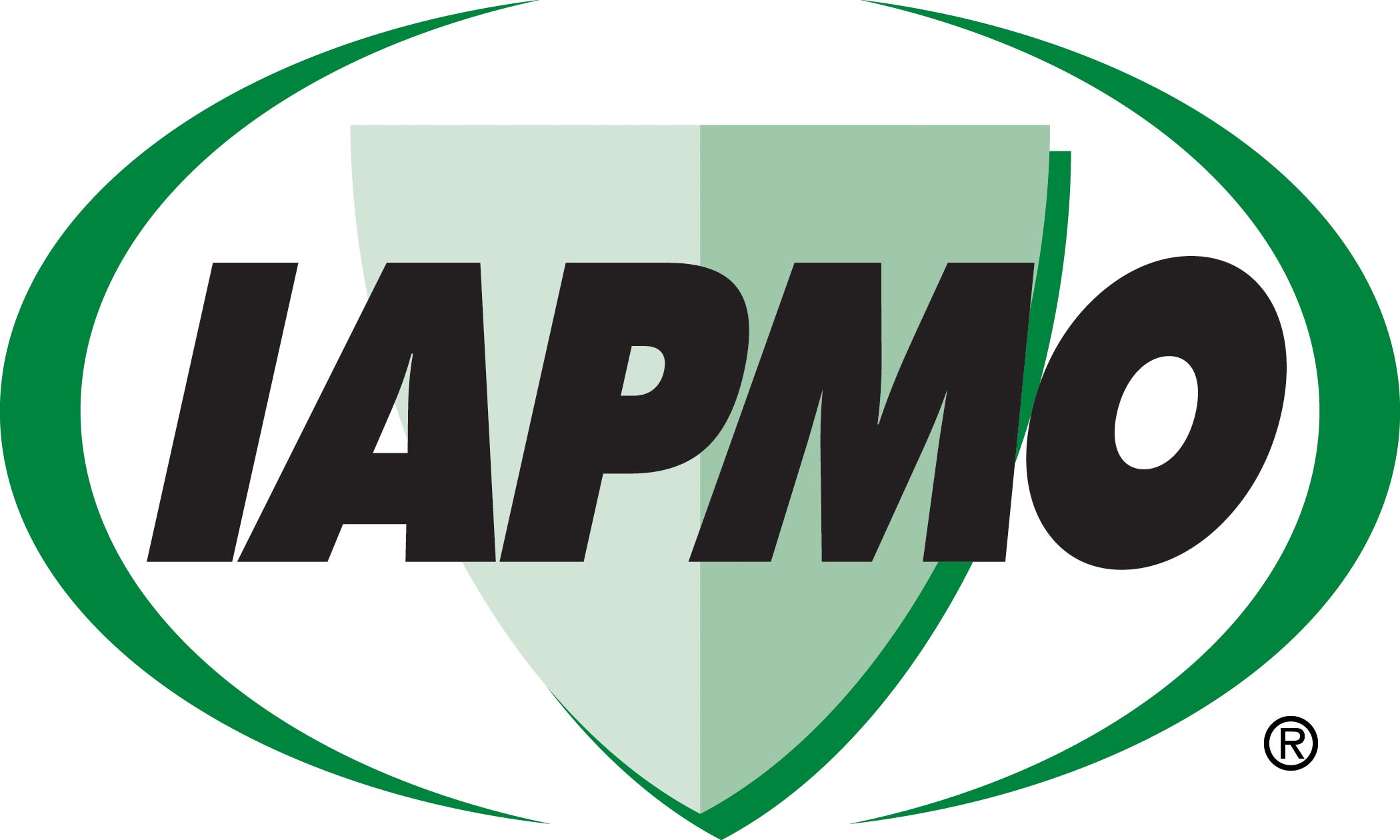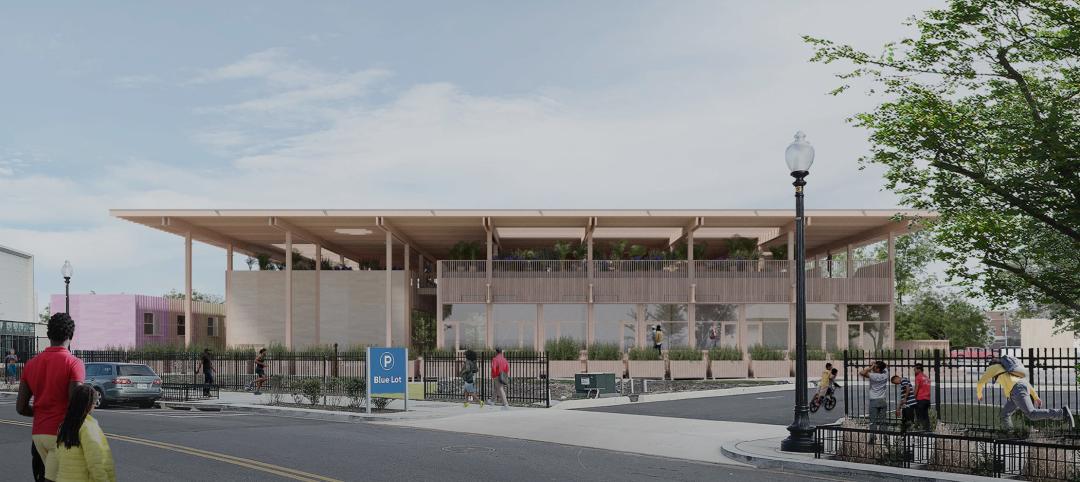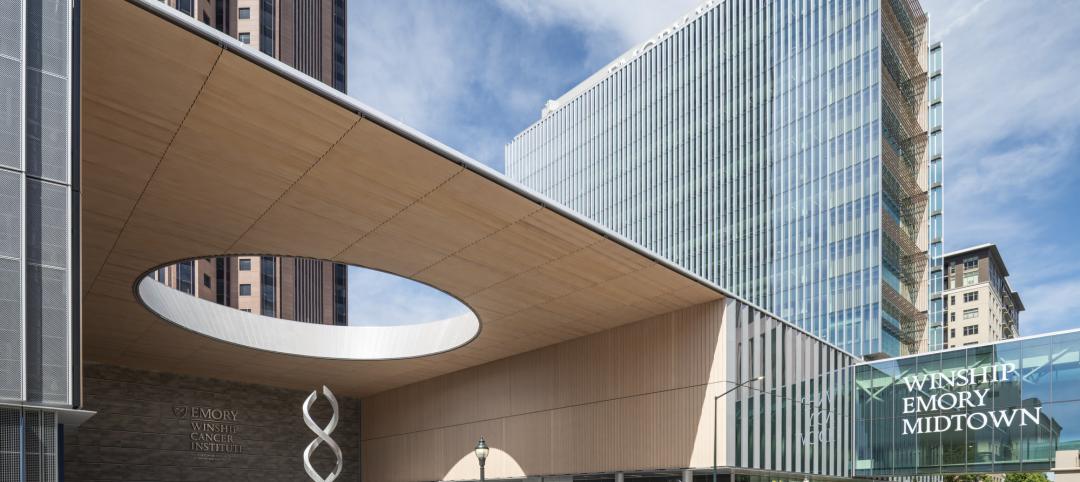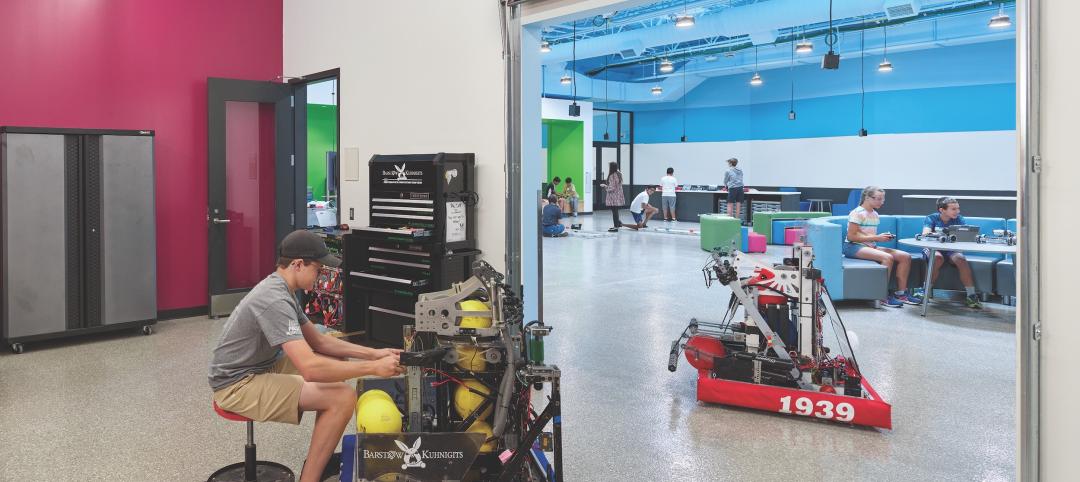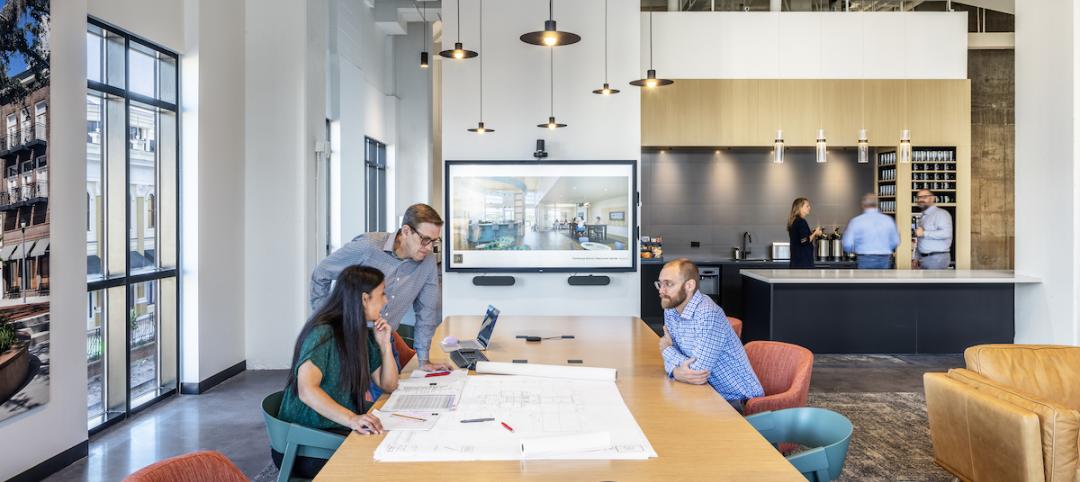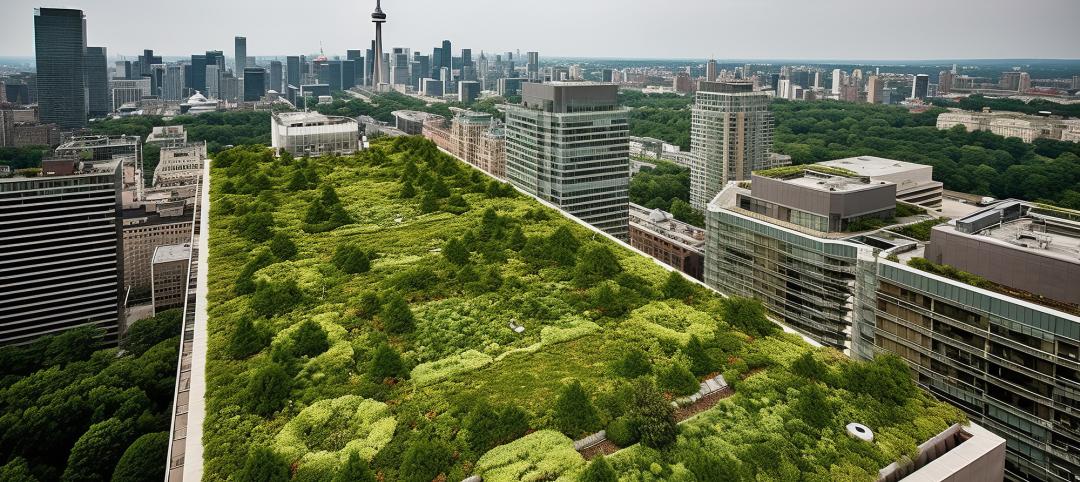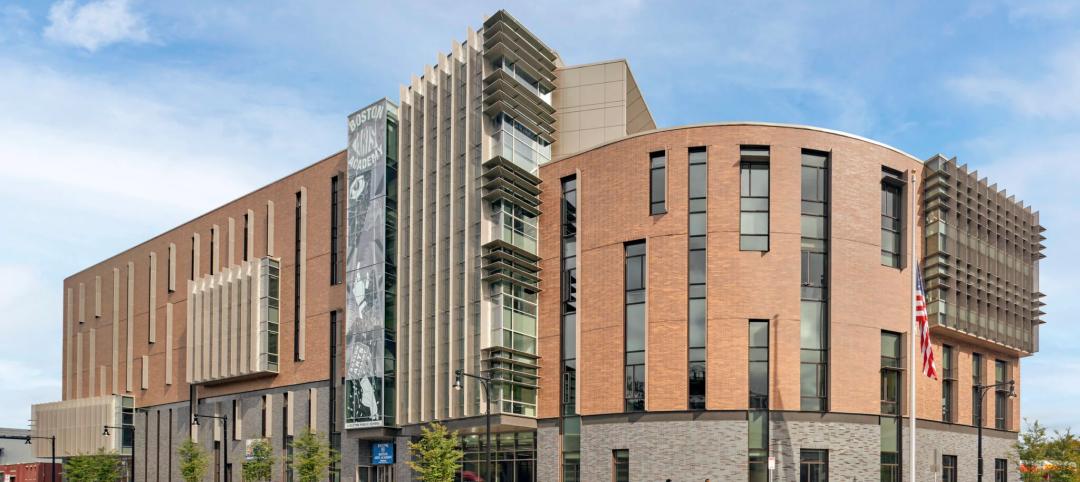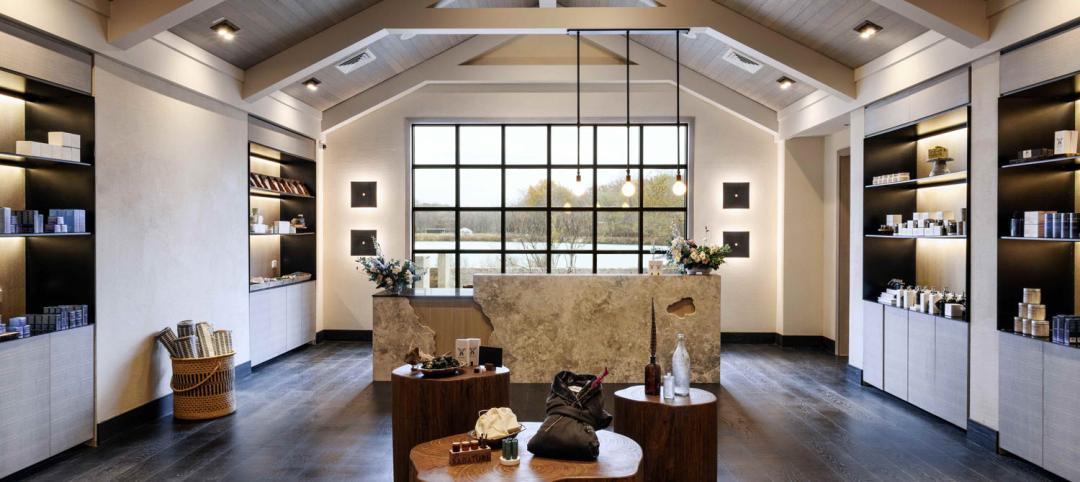The topic of water shortages is nothing new, as cities around the globe struggle with drought, water quality, supply constraints, and failing infrastructures. However, the idea of new plumbing codes and design standards working together to assist plumbing engineers in adding harvested rainwater systems to their design arsenal has been uncharted territory--until now.
With the publication of the 2010 IAPMO Green Plumbing and Mechanical Code Supplement (GPMCS), 2012 IAPMO Uniform Plumbing Code (UPC), and the Rainwater Catchment Plumbing Engineering Design Standard by the American Rainwater Catchment Systems Association (ARCSA) and American Society of Plumbing Engineers (ASPE), the plumbing industry now has authoritative tools at its disposal to standardize the safe and reliable use of rainwater for potable and nonpotable applications.
Rainwater harvesting provisions were introduced in the GPMCS and the UPC by the IAPMO Green Technical Committee (GTC) as part of a broader effort to reduce the energy and water consumption of plumbing and mechanical systems while ensuring that these systems are safe and reliable. The GTC is comprised of the broadest group of expert stakeholders ever assembled to develop sustainable plumbing and mechanical requirements. ASPE and ARCSA are well represented on the GTC and played a critical role in the development of the first model code provisions for rainwater harvesting.
Jeffrey L. Ingertson, CPD, FASPE, ASPE's vice president of membership, serves as ASPE's official representative, while Bob Boulware, immediate past president of ARCSA (and an ASPE member), represents ARCSA. Larry N. Oliver, CPD, FASPE, former ASPE president, and April K. Trafton, president of Donald Dickerson and Associates, round out the slate of plumbing engineering members of the GTC. Additionally, more than 20 sustainable plumbing engineering experts serve among the more than 125 members of the 12 task groups that operate under the GTC.
Click here to view the white paper. +
Related Stories
Retail Centers | Jun 2, 2023
David Adjaye-designed mass timber structure will be a business incubator for D.C.-area entrepreneurs
Construction was recently completed on The Retail Village at Sycamore & Oak, a 22,000-sf building that will serve as a business incubator for entrepreneurs, including emerging black businesses, in Washington, D.C. The facility, designed by Sir David Adjaye, the architect of the National Museum of African American History and Culture, is expected to attract retail and food concepts that originated in the community.
Mixed-Use | Jun 1, 2023
The Moore Building, a 16-story office and retail development, opens in Nashville’s Music Row district
Named after Elvis Presley’s onetime guitarist, The Moore Building, a 16-story office building with ground-floor retail space, has opened in Nashville’s Music Row district. Developed by Portman and Creed Investment Company and designed by Gresham Smith, The Moore Building offers 236,000 sf of office space and 8,500 sf of ground-floor retail.
Healthcare Facilities | Jun 1, 2023
High-rise cancer center delivers new model for oncology care
Atlanta’s 17-story Winship Cancer Institute at Emory Midtown features two-story communities that organize cancer care into one-stop destinations. Designed by Skidmore, Owings & Merrill (SOM) and May Architecture, the facility includes comprehensive oncology facilities—including inpatient beds, surgical capacity, infusion treatment, outpatient clinics, diagnostic imaging, linear accelerators, and areas for wellness, rehabilitation, and clinical research.
K-12 Schools | May 30, 2023
K-12 school sector trends for 2023
Budgeting and political pressures aside, the K-12 school building sector continues to evolve. Security remains a primary objective, as does offering students more varied career options.
Multifamily Housing | May 30, 2023
Boston’s new stretch code requires new multifamily structures to meet Passive House building requirements
Phius certifications are expected to become more common as states and cities boost green building standards. The City of Boston recently adopted Massachusetts’s so-called opt-in building code, a set of sustainability standards that goes beyond the standard state code.
Architects | May 30, 2023
LRK opens office in Orlando to grow its presence in Florida
LRK, a nationally recognized architectural, planning, and interior design firm, has opened its new office in downtown Orlando, Fla.
Urban Planning | May 25, 2023
4 considerations for increasing biodiversity in construction projects
As climate change is linked with biodiversity depletion, fostering biodiverse landscapes during construction can create benefits beyond the immediate surroundings of the project.
K-12 Schools | May 25, 2023
From net zero to net positive in K-12 schools
Perkins Eastman’s pursuit of healthy, net positive schools goes beyond environmental health; it targets all who work, teach, and learn inside them.
Contractors | May 24, 2023
The average U.S. contractor has 8.9 months worth of construction work in the pipeline, as of April 2023
Contractor backlogs climbed slightly in April, from a seven-month low the previous month, according to Associated Builders and Contractors.
Mass Timber | May 23, 2023
Luxury farm resort uses CLT framing and geothermal system to boost sustainability
Construction was recently completed on a 325-acre luxury farm resort in Franklin, Tenn., that is dedicated to agricultural innovation and sustainable, productive land use. With sustainability a key goal, The Inn and Spa at Southall was built with cross-laminated and heavy timber, and a geothermal variant refrigerant flow (VRF) heating and cooling system.


